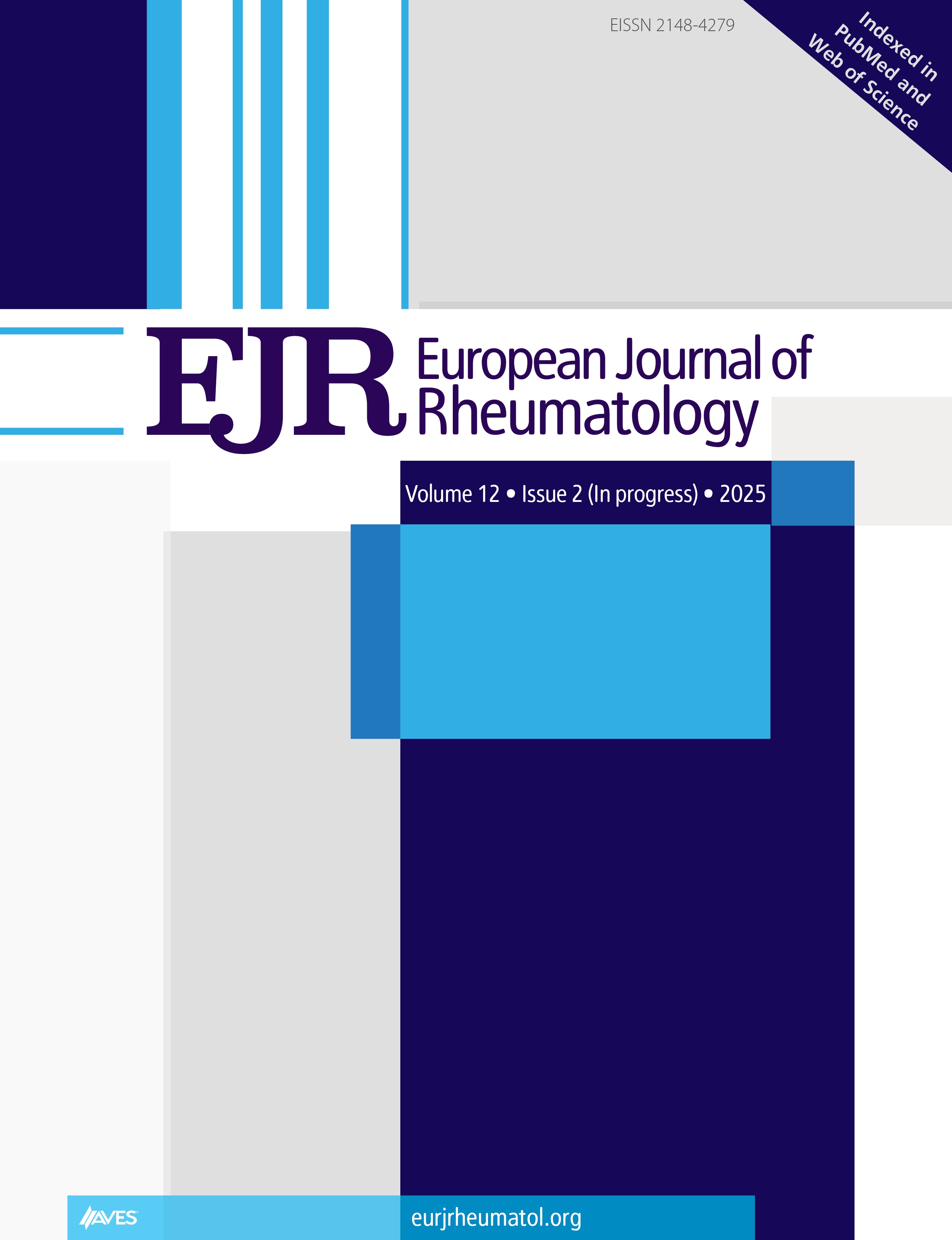Background: The study aimed to explore influenza antibody response in patients with autoimmune inflammatory rheumatoid diseases (AIIRDs) stratified by the different vaccine types applied in Denmark during the 2018–2019 influenza season.
Methods: Included patients were diagnosed with rheumatoid arthritis, psoriatic arthritis, or spondyloarthritis receiving biological disease-modifying antirheumatic drugs (bDMARDs) with or without conventional synthetic disease-modifying antirheumatic drugs. Influenza vaccination status in the 2018–2019 season and vaccine type received were reviewed in the Denmark. Blood samples were drawn ≥ 14 days post vaccination, and antibody titers were determined by the hemagglutinin inhibition (HAI) assay for the serotypes A/Michigan/H1N1, A/Singapore/H3N2, and B/Colorado included in the influenza vaccines in the 2018–2019 season. An overall serotype HAI geometric mean titer (GMT) was calculated from the 3 serotype-specific HAI titers. An overall serotype HAI GMT ≥ 40 was considered protective.
Results: Of the 205 included patients, 105 (51%) had received influenza vaccination. One-quarter of vaccinated patients achieved post-vaccination overall serotype HAI GMT ≥40. For patients vaccinated with Influvac, a significantly higher proportion had HAI titers ≥ 40 for 2 serotypes, namely, A/Michigan/H1N1 and A/Singapore/H3N2, than patients vaccinated with Vaxigrip or VaxigripTetra. The same applied to all serotypes HAI GMT, where significantly more patients who received Influvac achieved postvaccination HAI GMT≥40 versus patients who received Vaxigrip (p=0.02) or VaxigripTetra (p=0.002). The latter outcome was explored in a multivariable logistic regression analysis and remained significant when including the following variables: age, sex, treatment with methotrexate and/or prednisolone, type of influenza vaccine, time interval from vaccination to antibody measurement, and previous vaccination status.
Conclusion: Influenza antibody levels following vaccination with Influvac in bDMARD-treated patients with AIIRDs were superior to Vaxigrip and VaxigripTetra. Treatment with methotrexate (MTX) did not reduce the antibody response.
Cite this article as: Larsen Rasmussen S, Kumar P, Trebbien R, Leutscher P, Rasmussen C. Influenza vaccine type-dependent antibody response in patients with autoimmune inflammatory rheumatic diseases. Eur J Rheumatol. 2023;10(4):122-129.



.png)